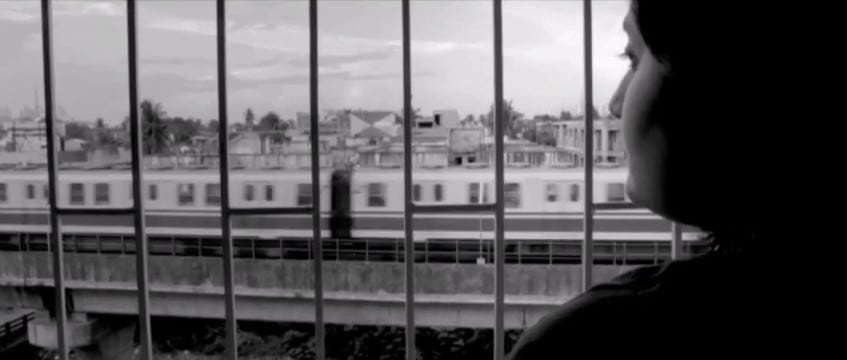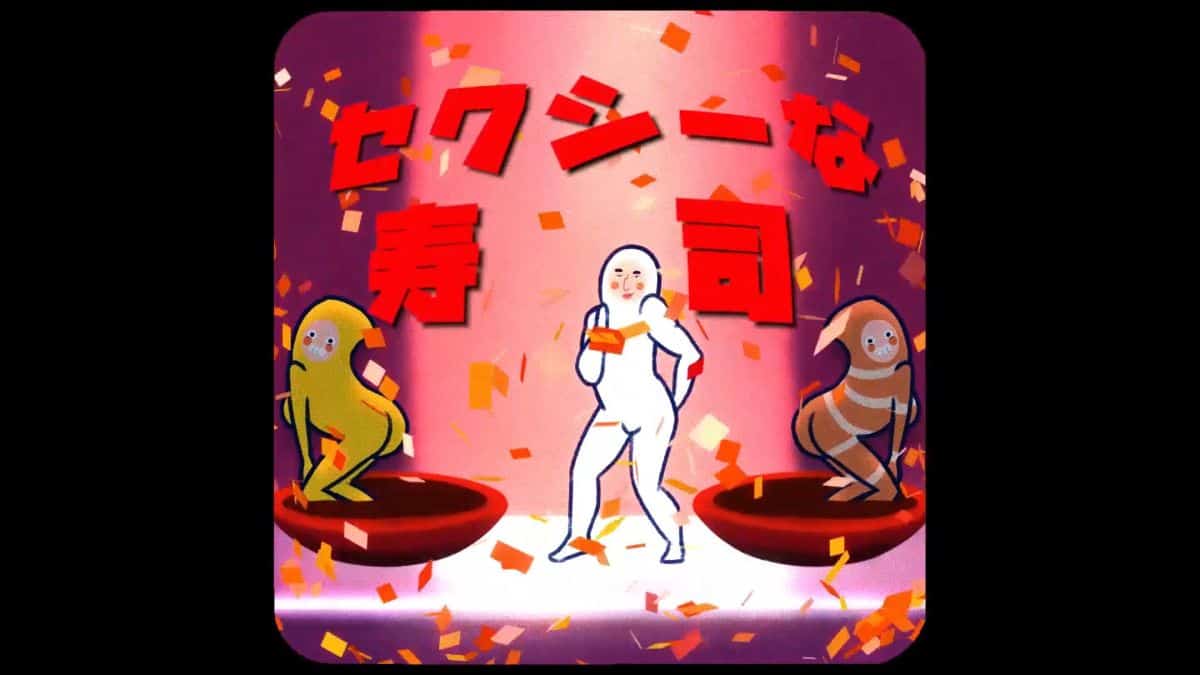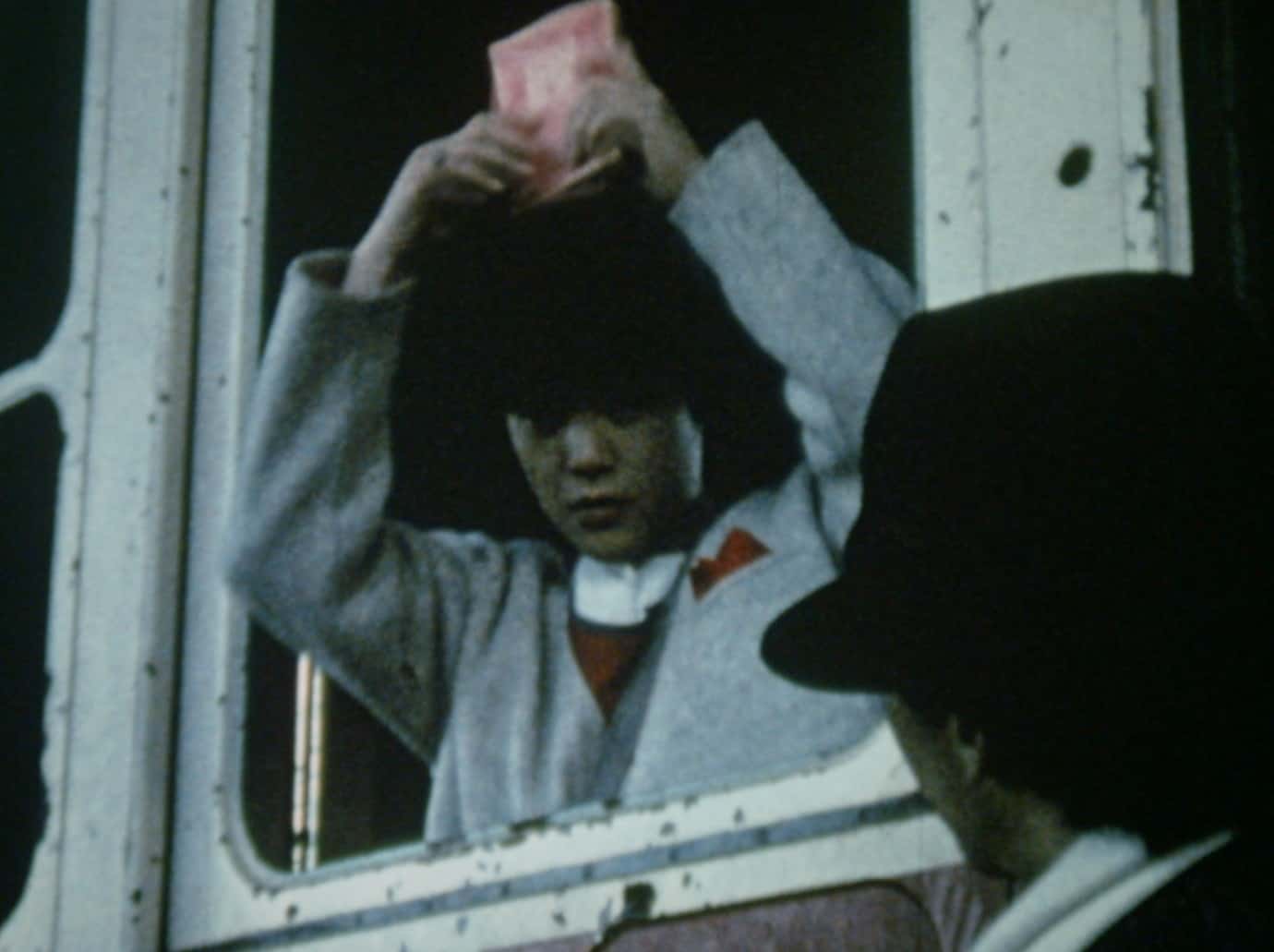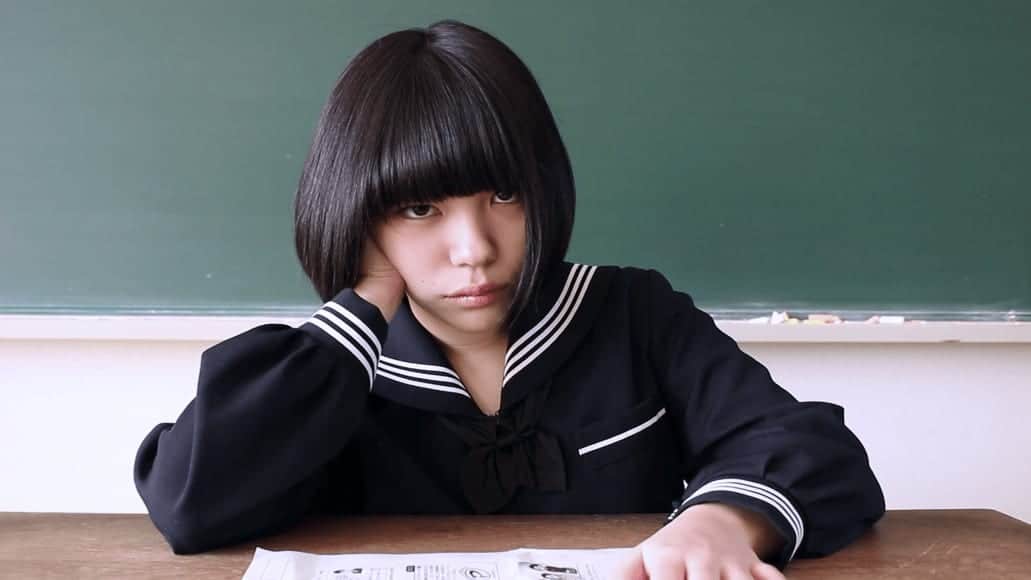Based on the great, homonymous novel by Kazuhiro Kiuchi, and having quite a large budget, since it was backed by Warner Bros, “Shield of Straw” had all the prerequisites for being a masterpiece.
A deadly game of hide-and-seek against the whole population
Kunihide Kiyomaru, who has a prior conviction for assaulting and killing a girl 8 years ago, is, once more, accused of a similar, grotesque crime. This time, however, the victim is the granddaughter of a Japanese tycoon and very powerful man, named Ninagawa. Three months after the murder, Ninagawa places a whole page ad in newspapers offering 1 billion yen to anyone who kills the perpetrator.
Kiyomaru, fearing for his life, surrenders to the police at the Fukuoka Police Station. Five detectives from the security section of Tokyo Metropolitan Police arrive in Fukuoka, in order to escort him to Tokyo. In their efforts, the five detectives (Kazuki Mekari, Atsuko Shiraiwa, Takeshi Omura, Kenji Sekiya, Masataka Kanbashi) have to face not only every single individual that comes their way, but also the distrust among them, that grows stronger as time passes.
Furthermore, as they fight against colleagues, nurses, yakuza, and desperate men from all over Japan, they also have to deal with themselves, since they question the reason for their effort to protect such a despicable human being.
A very interesting premise
The film sets a very interesting dilemma between justice and duty and, at the same time, makes a clear comment regarding human nature, and how much it can be shaped by money. In that fashion, the story clearly states that anyone can become even a cold-blooded killer, if offered the right amount of money.
In that setting, the five policemen demonstrate their true colors, as some of them are set on doing their duty (Mekari, Shiraiwa, Sekiya) and others treat the case as a problem they never wanted on their hands (Kishitani, Nagayama). All of them, though, have doubt in their hearts about their mission.
The faults
Despite the fact that the original material was very interesting, Takashi Miike and screenwriter Tamio Hayashi seem to have misinterpreted it. While the film could go into two, very interesting directions, with the first one being that of an impressive action movie and the second of a psychological thriller, Miike lingered somewhere between. The result is a production that seems disconnected, as it becomes obvious that Miike was not sure where to take it.
Furthermore, the casting was somewhat misjudged, particularly in the cases of Takao Osawa who plays Mekari and Tatsuya Fujiwara, Kiyomaru. The first one fails to portray his character's angst and inner conflict, and the second does not seem, at all, as the truly evil individual he is supposed to be. Furthermore, his usual, hyperbolic faces and screams do not help at all. In his defense, though, the script does not help him at all, since his true nature is obvious from the beginning, depriving his character of most of his depth.
Sequences that stand out
Technically the film is sound, with two sequences definitely standing apart. The first one takes place during Kiyomaru's transport with the police bus and the second one on the train. Both of them exemplify Nobuyasu Kita's cinematography and Kenji Yamashita's editing, as much as Kaori Ohtagaki's visual effects and Mao Asou stunts. However, the rest of the film is obviously on a lower level and the fact that it stretches for over 120 minutes does not help.
“Shield of Straw” is not a bad film, and it can be very entertaining at times. Nevertheless, it could have been a masterpiece due to its script, if Miike knew what exactly what he wanted to do, the cast was better, and its length much shorter.















